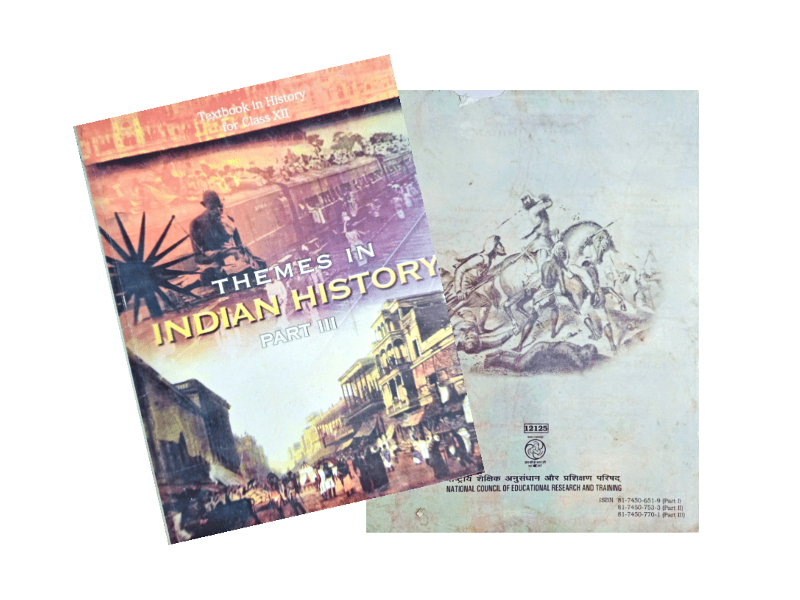The Indian History Congress has submitted this statement and a note on the call for reforms in the current NCERT textbooks to the Parliamentary Committee on Education that is looking into this.

In a recent communication the Rajya Sabha Secretariat has called for ‘Reforms in the contents and designs of Text Books with focus on:
- removing references to un-historical facts and distortions about our national heroes from the text books
- ensuring equal or proportionate references to all periods of Indian history
- highlighting the role of great historic women heroes, including Gargi, Maitreyi, or rulers like Rani of Jhansi, Rani Channamma, Chand Bibi, Zhalkari Bai
While History itself is a discipline having its own internal dynamic and gets enriched by continuous research and rigorous debate and discussions within the scholarly domain, the Indian History Congress has examined the claims in the aforementioned notice in the light of the contents of the existing NCERT textbooks. A completely factual examination of the textbooks, with details presented in tabular form below, based on the points mentioned above, however, suggests that the call for the reform of textbooks is not based on any academic, pedagogic or factual detail.
The table below (see PDF) presents the references to primary sources, proportionate representations to all periods of history, national heroes, and historical female figures in the NCERT textbooks of Classes VI to XII currently in use in the country.
We may conclude the following on the basis of this data:
a.) The argument about the presentation of ‘unhistorical facts’ is completely incorrect. The column on primary sources clearly indicates that throughout the books, an attempt has been made to base the presentation of history on texts, epigraphic records, chronicles, archival material and all pertinent sources necessary for the reconstruction of history.
b.) It is clear from the table that adequate discussion of over 120 national heroes is available in the existing textbooks, and that there is no deliberate neglect that may be imputed.
c.) There is ample representation of different periods of history and historical developments within the broad chronological periods of ancient, medieval and modern history. This proportionate discussion is in terms of political and socio-economic developments, the emergence and flourishing of religious ideas and institutions, of civilizational achievements in the fields of art, science and technology, as well as the social and cultural movements in different periods of Indian history.
d.) There are several references to great women who contributed to different fields – political, religious and social.
It is in this context that the Indian History Congress is concerned about the notice regarding ‘Reforms in the contents and designs of Text Books’. The evidence presented above adequately demonstrates that the current NCERT textbooks cannot be critiqued for ignoring important heroic figures in Indian history, whether women or men. Further, these books aim at inculcating scientific temper in young minds. The Indian History Congress strongly contests the factual misrepresentation in the notice regarding the so-called faults in the present text books.
Read the statement below:




